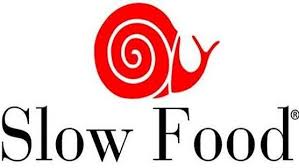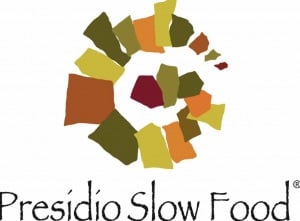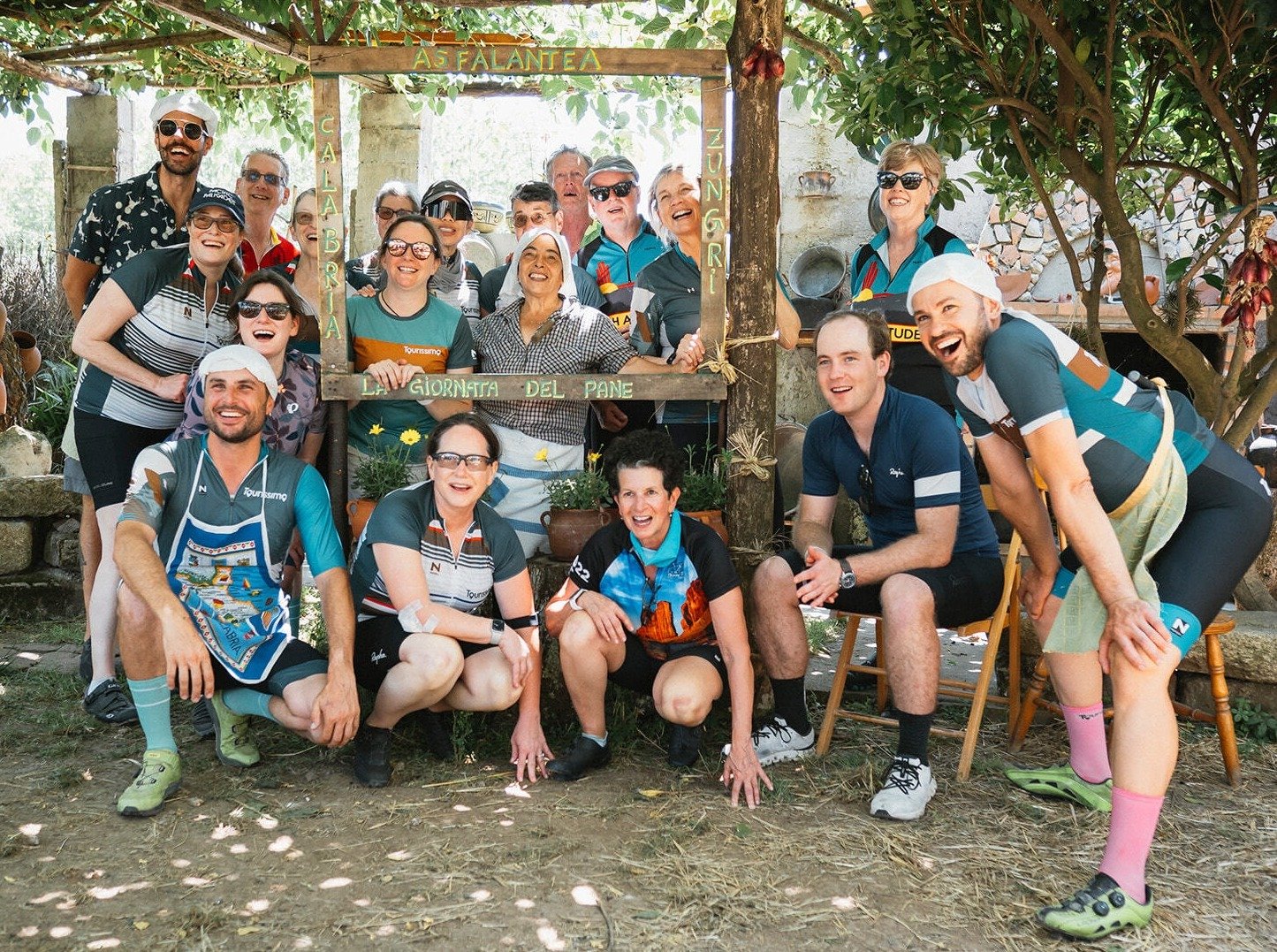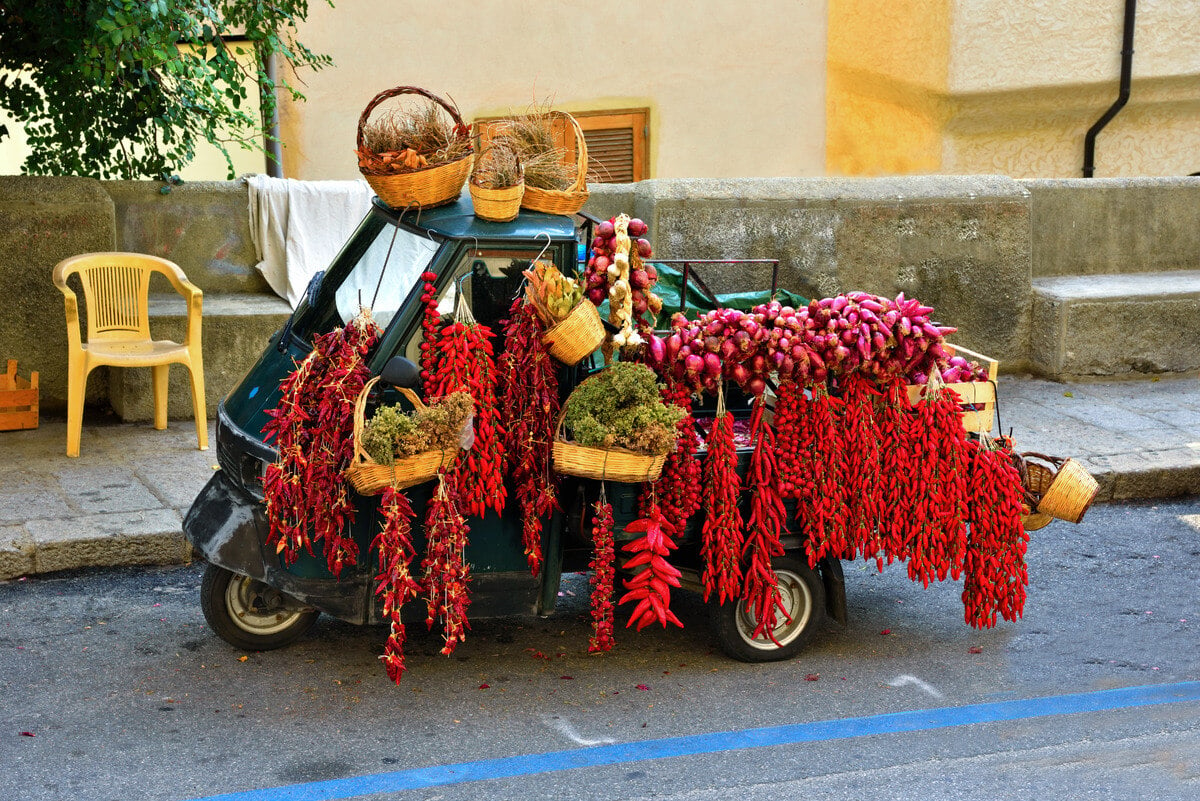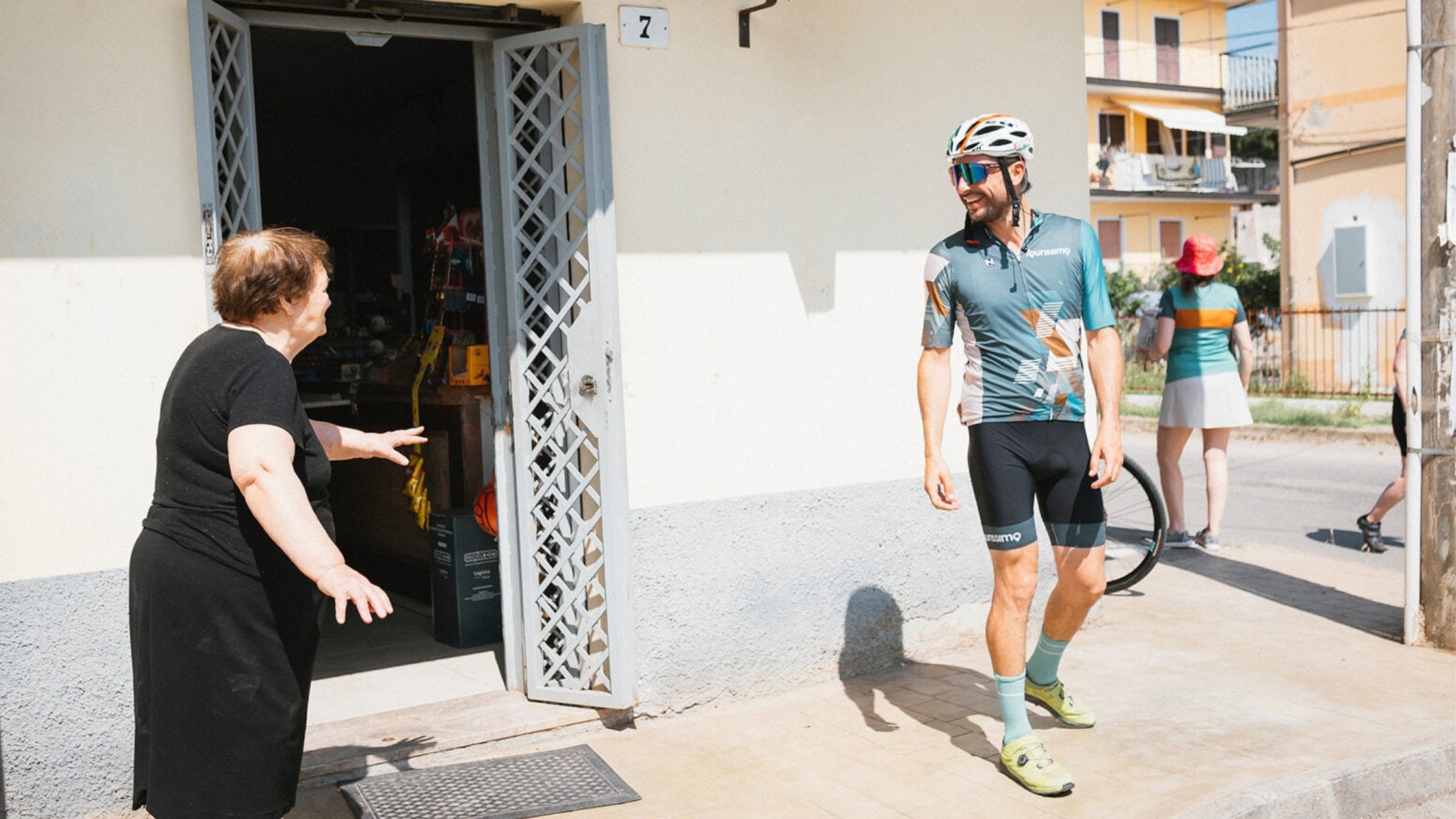Did you know that the Slow Food movement started in Italy?
Back in 1986, when the first McDonald’s in Italy was set to open near the Spanish Steps in Rome, there were protests. One man, an Italian journalist named Carlo Petrini, decided that carrying signs was futile and so he planned a different way to get attention. He gathered his friends and they joined the protesters not with signs, but with bowls of penne pasta that they dished out to passersby. Their slogan, “We don’t want fast food… we want slow food!”
Petrini and other protesters were not able to keep McDonald’s out but they did give voice to another way of thinking about food, and from this the Slow Food movement was born. Three years after the first protest, Petrini and representatives of 15 countries met in Paris for the signing of the Slow Food Manifesto, which spoke against what they described as a Fast Life:
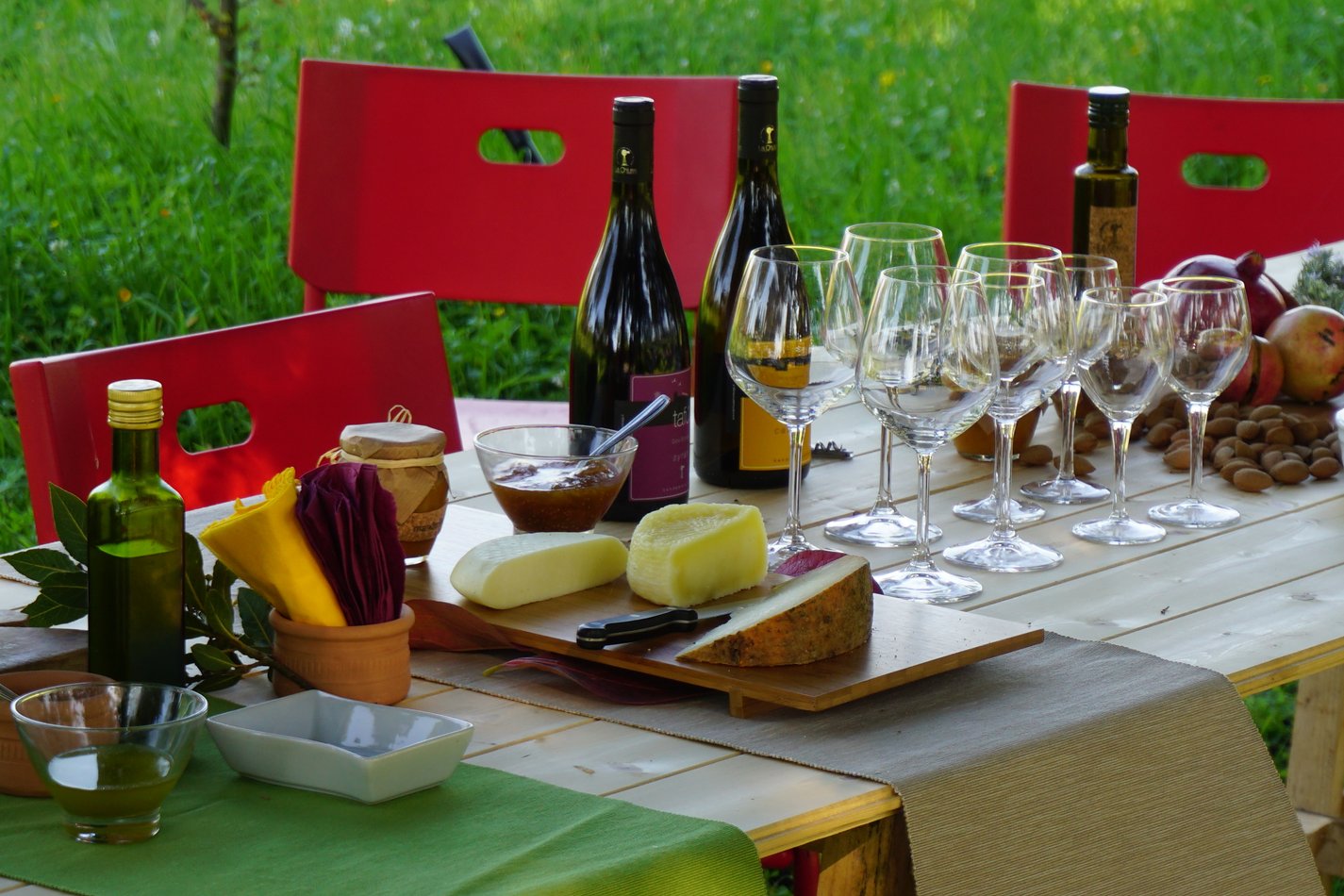
“We are enslaved by speed and have all succumbed to the same insidious virus: Fast Life, which disrupts our habits, pervades the privacy of our homes and forces us to eat Fast Foods… A firm defense of quiet material pleasure is the only way to oppose the universal folly of Fast Life… May suitable doses of guaranteed sensual pleasure and slow, long-lasting enjoyment preserve us from the contagion of the multitude who mistake frenzy for efficiency. Our defense should begin at the table with Slow Food. Let us rediscover the flavors and savors of regional cooking and banish the degrading effects of Fast Food.”
(Excerpt from the Official Slow Food Manifesto, as published in “Slow Food: A Case for Taste” in 2001)
Read More: Why Piedmont is Renowned for its Slow Food.
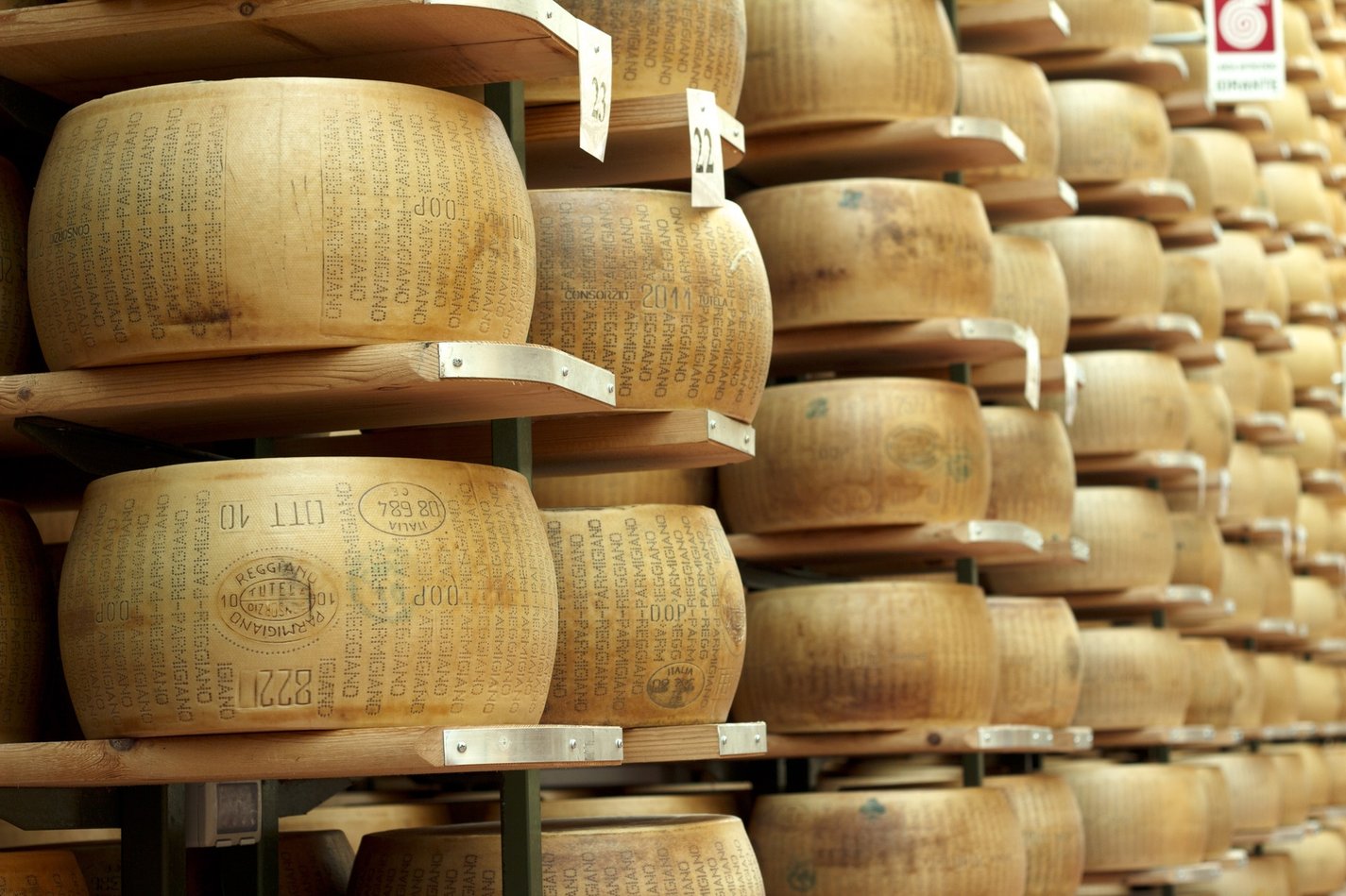
The Slow Food approach is based on food that is good, clean and fair. The focus is on whole foods that are locally grown, dishes made with the health of the body and soul in mind, and meals that are appreciated when eaten.
While these ideas about food are very much a part of the Italian culture, Slow Food is not confined to Italy. Today there are over 150,000 members of the movement in 160 countries. The United States has more than 170 local chapters. In 2004, Petrini opened the University of Gastronomic Sciences in Pollenzo in Piedmont, Italy, where you can study artisanal and industrial food production, among other things. We visit the grounds on our Chef Bike Tour in Piedmont.
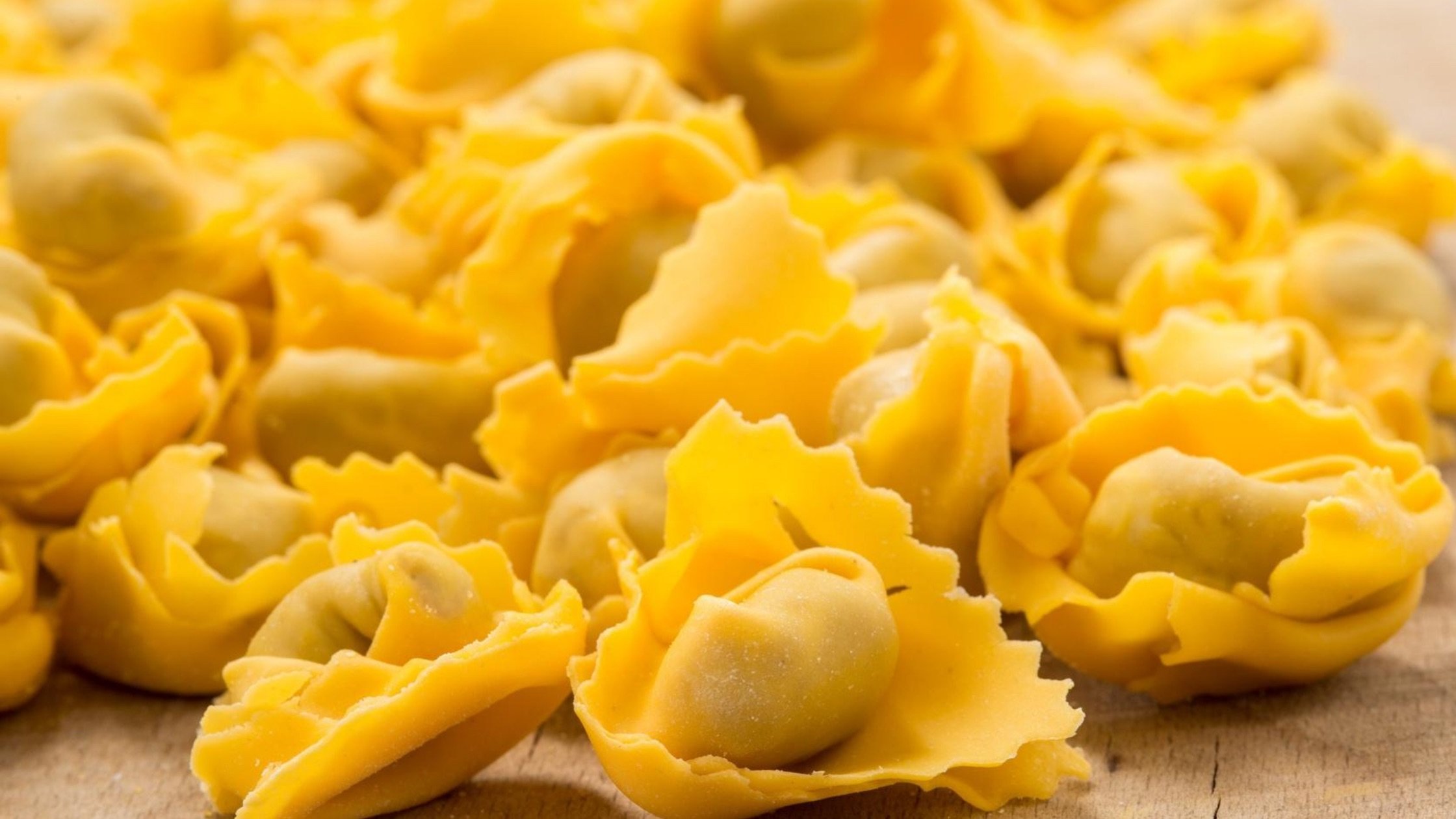
To learn more about what Slow Food does and to find out how you can get involved, you can visit their website: http://www.slowfood.com/
You can read a New York Times account of the McDonald’s opening here: http://www.nytimes.com/1986/05/05/style/romans-protest-mcdonald-s.html
Here is a copy (in English) of the Slow Food Manifesto: https://www.slowfoodusa.org/manifesto
As part of the Tourissimo Experience, we strives to make a positive impact by favoring Slow Food producers, and restaurants that source their ingredients locally. In their menus they often highlight Slow Food ingredients and preparations (the so-called Slow Food Presidio). Look for the snail logo.
